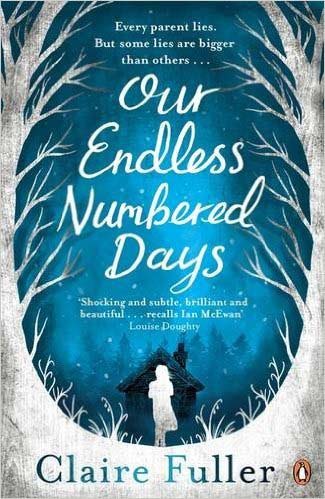Winner of the 2015 Desmond Elliot Prize
 The heat of the summer in 1976 is evoked in the opening pages as well as the way we all became listless and bored after the initial euphoria of the endless sunny days.
The heat of the summer in 1976 is evoked in the opening pages as well as the way we all became listless and bored after the initial euphoria of the endless sunny days.
Peggy is an eight year old and her parents are an odd combination, though their meeting as concert pianist and music page-turner is oddly understandable. The parents seem remote for different reasons, as Ute, her mother, is a pianist of great talent in a rather domestic family situation and her father, James, spends his time with an odd bunch called the Retreaters who spend time drinking and discussing their survival in a post-apocalyptic world.
However in a brilliantly paced and stunningly realised development, Peggy is taken away on a journey by her father, as if escaping an imminent disaster. Peggy’s only understanding of this is the memory of a violent argument she overheard between her father and his closest friend.
The attention to descriptive detail is meticulous and the sense of place is beautifully achieved; there isn’t a single false note or mis-step. Claire Fuller’s narrative is then intercut between the young Peggy’s journey and life over nine years and the scene at home after her return and the technique works brilliantly. The voice of Peggy is utterly absorbing and entirely convincing as she describes a journey with her father across Europe and the discovery of a cabin in a remote part of Germany. The benign conditions of the summer see the two of them settling into their self-sufficient lifestyle but Fuller’s triumph is to depict the seasonal change with all the hardships of winter, the growing of the pubescent child and the deterioration of the father’ s mental health. The writer is able to capture the maturing voice of Peggy superbly.
Fuller is able to generate a palpable tension as we witness their fragile world become increasingly threatened. The present time sequences when Peggy is 17 years old have seemingly restored the harmony and well-being of their lives, but the past will not and cannot be excluded from the present and Fuller’s novel ends with a huge emotional impact. A remarkable first novel from a wonderful new writer, the imagined world that Claire Fuller creates is totally immersing.
Emma Corfield-Walters

